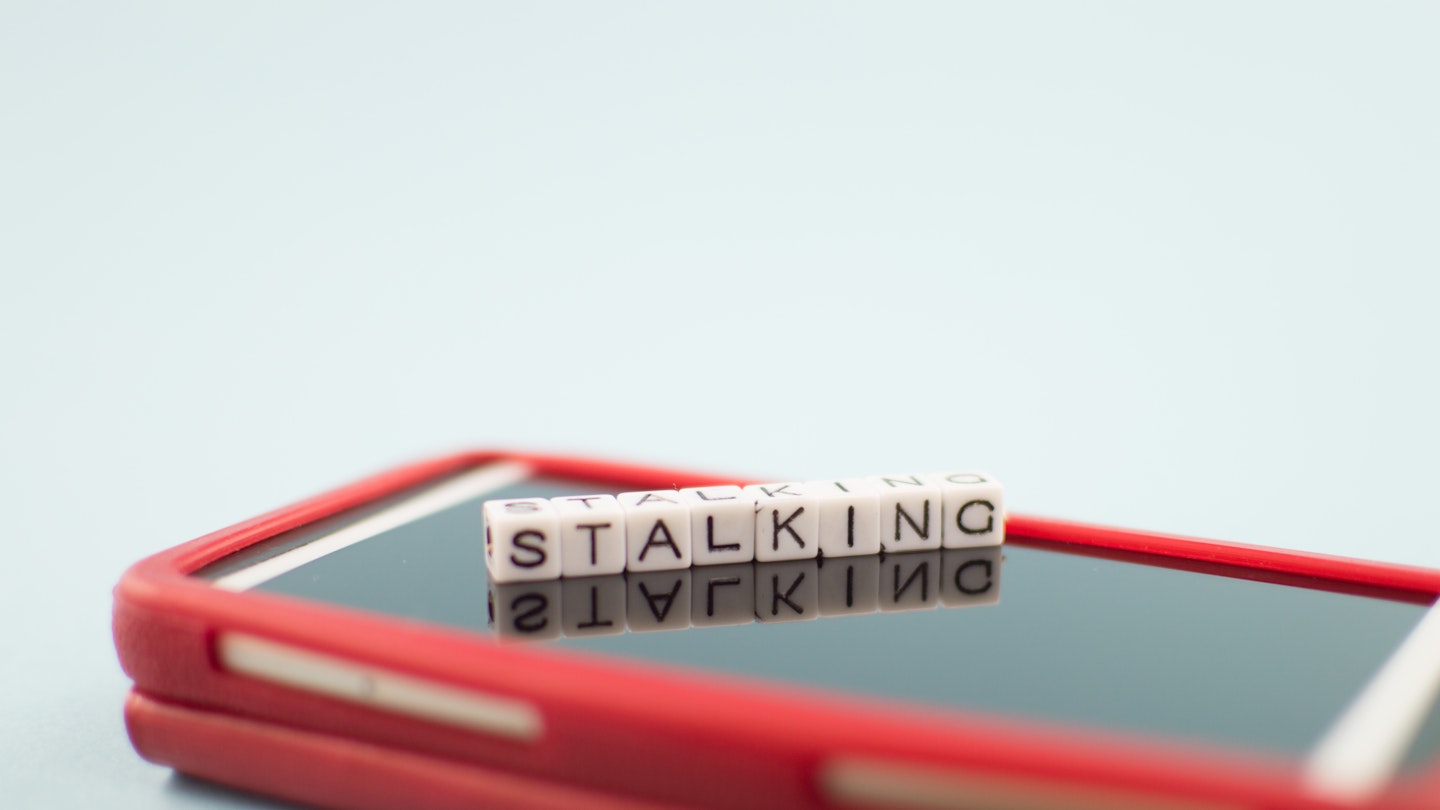The duke and duchess of Sussex welcomed their new arrival last week: @sussexroyal – a shiny new Instagram account on which they’ll share details of their engagements. Yet, on the same day, it was reported that, since the couple’s wedding in Windsor last May, an unprecedented number of people have been stalking the royals – a rise of 25%, with five of the 160 suspects being of ‘high concern’. A former royal protection head pointed the finger at social media, telling a newspaper, ‘The royals attract people who are fixated.’
Not just the royals, it would seem. Labour MP Harriet Harman recently addressed the rising tide of threats being directed at politicians, saying many MPs had cut back on using public transport because of ‘fixated individuals’. Meanwhile, Taylor Swift’s stalker was back in court last week, after breaking into her Manhattan home for the third time. Awful, but pretty remote, you might think. That’s probably what I would have thought, too. But I know stalking doesn’t only happen to those in the public eye.
According to the Crime Survey for England and Wales, more than one in five women aged 16 to 59 have been victims of stalking. Figures released this week revealed that 381 students at UK universities were accused of stalking/domestic abuse between 2015 and 2018. Of these, at least 195 remained on campus.* New technologies – social media and GPS trackers, which can be bought cheaply online – have made stalking even easier, yet there are no official figures for cyber-stalking. It has taken me a long time to accept that what happened to me was stalking.
I still feel dramatic using the word, but thinking about it puts a knot in my chest. The emotional impact – which is the focus of the current National Stalking Awareness Week, 8-12 April – can last for years. It started at university. A group of us were at the student bar and a male acquaintance – popular on campus and friendly with my boyfriend – mentioned that he didn’t have my number. I didn’t see the harm in giving it to him. The first message came a few weeks later, in the summer holidays: ‘I’m in London and thinking about you. Do you want to meet?’ I was busy with an internship and catching up with friends. ‘Sorry, see you in September,’ I texted back. Whether my reply triggered something is a question I have asked myself constantly over the years. Should I have ignored him? Could I have been nicer?
I know now that mine is a textbook response: for victims to blame themselves. Let’s end that myth right now: it’s not your fault. Nor is stalking a symptom of unrequited love. Someone who refuses to leave you alone to the point of harassment – online, by phone or in person – is not being ‘romantic’. Friends would coo, ‘Ooh, is that your stalker,’ whenever my phone pinged. Or say, ‘He just likes you,’ as if I should be flattered. But I didn’t take the incessant 3am phone calls – sometimes just heavy breathing – as a compliment. Nor the increasingly urgent text messages or attempts to lure me to unfamiliar places. I started to worry he’d be waiting for me after lectures. I’m not sure he knew where I lived, but I began to stay at my boyfriend’s house more.
Stalking is scary, sinister and can ruin lives. Last year, a Freedom of Information request revealed that, between 2015 and 2017, 55 women were murdered in the UK, despite having reported their killers to the police for threatening behaviour. Alice Ruggles, 24, killed by her ex-boyfriend in October 2016, was one. She had contacted police to report his obsessive tendencies. When they asked if she wanted him to be arrested, she declined. A review, published last month, found that the onus to make that decision should not have been put on the victim.
Too often it has been. A 2017 audit of the police and Crown Prosecution Service found that victims often felt blamed by the authorities – told to change their own behaviour, rather than the emphasis being put on the stalker to stop. In the past, I’ve also been asked why I didn’t simply change my phone number – but why should I? I wasn’t the one at fault. Still, things might be about to change. A new Government-backed bill, passed last month, means the police will soon have the power to apply Stalking Protection Orders (SPOs). These are designed to improve victims’ safety, imposing immediate restrictions on the stalker – stopping them from contacting their victim – while the police gather evidence. There will be a criminal penalty for those who breach them. Importantly, the burden of securing the order will lie with the police, rather than the victim.
It’s a start, but what Britain really needs is a stalkers’ register. Stalking was criminalised in 2012, and it’s unbelievable that Britain still doesn’t have somewhere that previous offences can be recorded. I never reported my stalker, but one day I answered the phone to him and threatened to, unless he stopped. He did – and months later I received a message of apology. He said that he had been ‘fixated’ with me. at still gives me chills. The stalking advocacy service Paladin defines stalking as ‘A pattern of unwanted, fixated and obsessive behaviour, which is intrusive and causes fear of violence or serious alarm and distress.’ If that rings true for you, or anyone you know, don’t ignore it. Call it what it is: stalking.
For further help and advice, call the National Stalking Helpline on 0808 802 030
